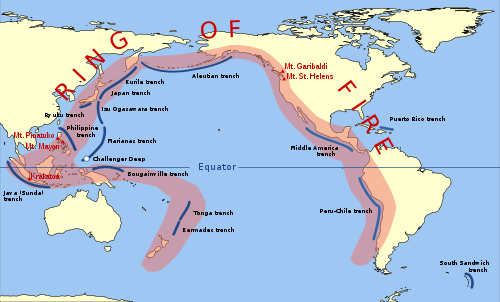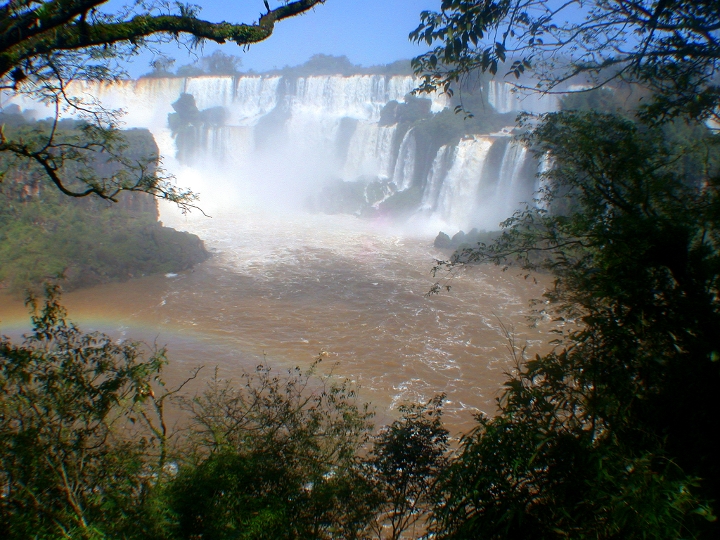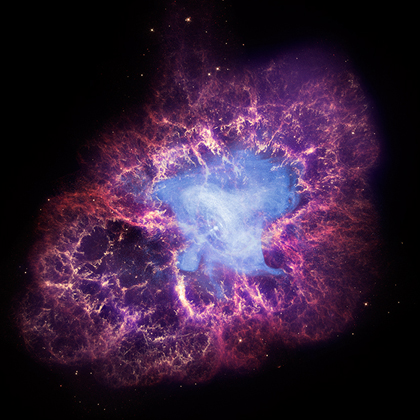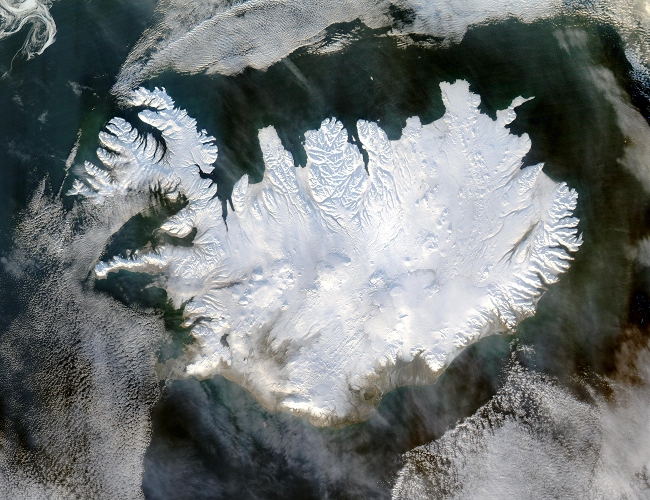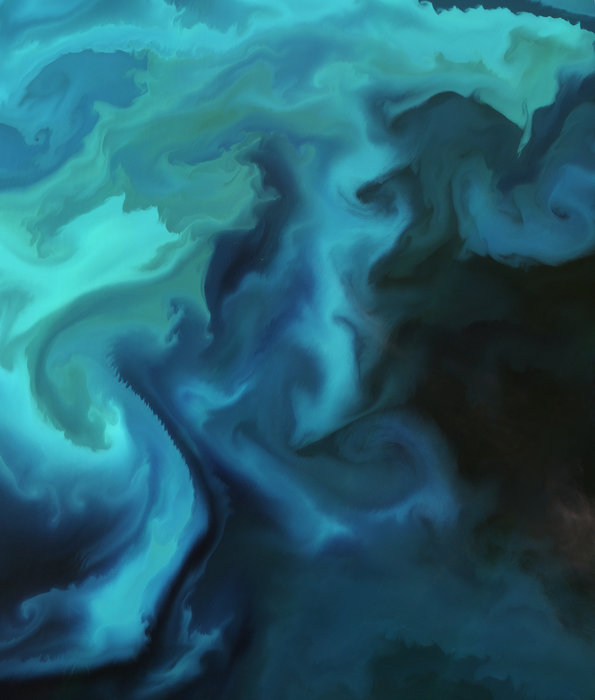 Encounters With Giant Sharks In The Arctic
Encounters With Giant Sharks In The ArcticIt was one of these extremely rare days of calms seas far north in the world. When visiting the...
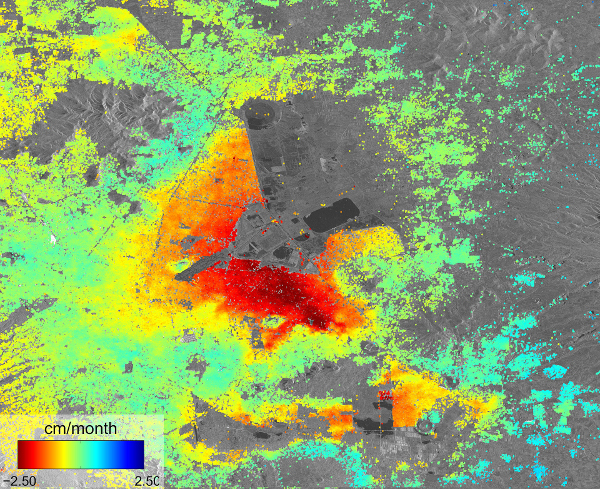 On Water And Subsidence In Mexico City
On Water And Subsidence In Mexico CityMexico City has the best hotel shower ever. I am not one to spend a long time in the shower, but...
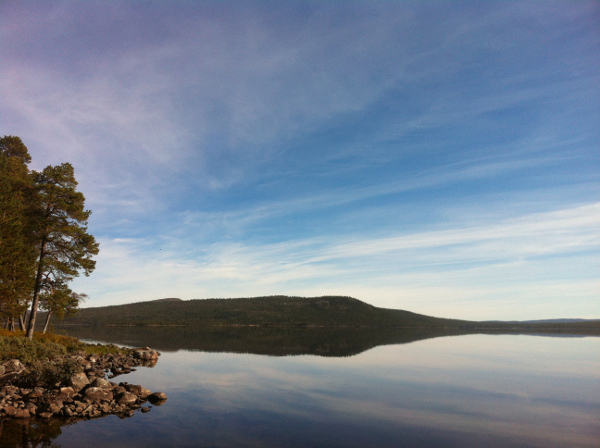 Citizen Science Then And Now. Want To Play The Game?
Citizen Science Then And Now. Want To Play The Game?Our cabin is situated in one of the most remote places in Norway. My family got the place in the...
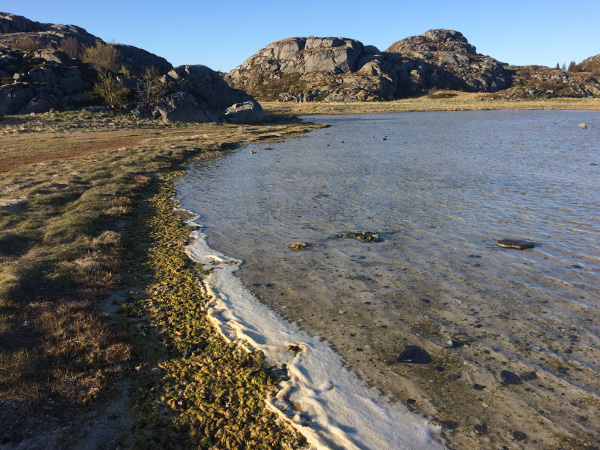 World Biodiversity Day: Wetlands, Biodiversity And The Role Of Earth Observations
World Biodiversity Day: Wetlands, Biodiversity And The Role Of Earth ObservationsIt is somehow ingrained in my body, I think. The appreciation of biodiversity. I know I love wetlands...



